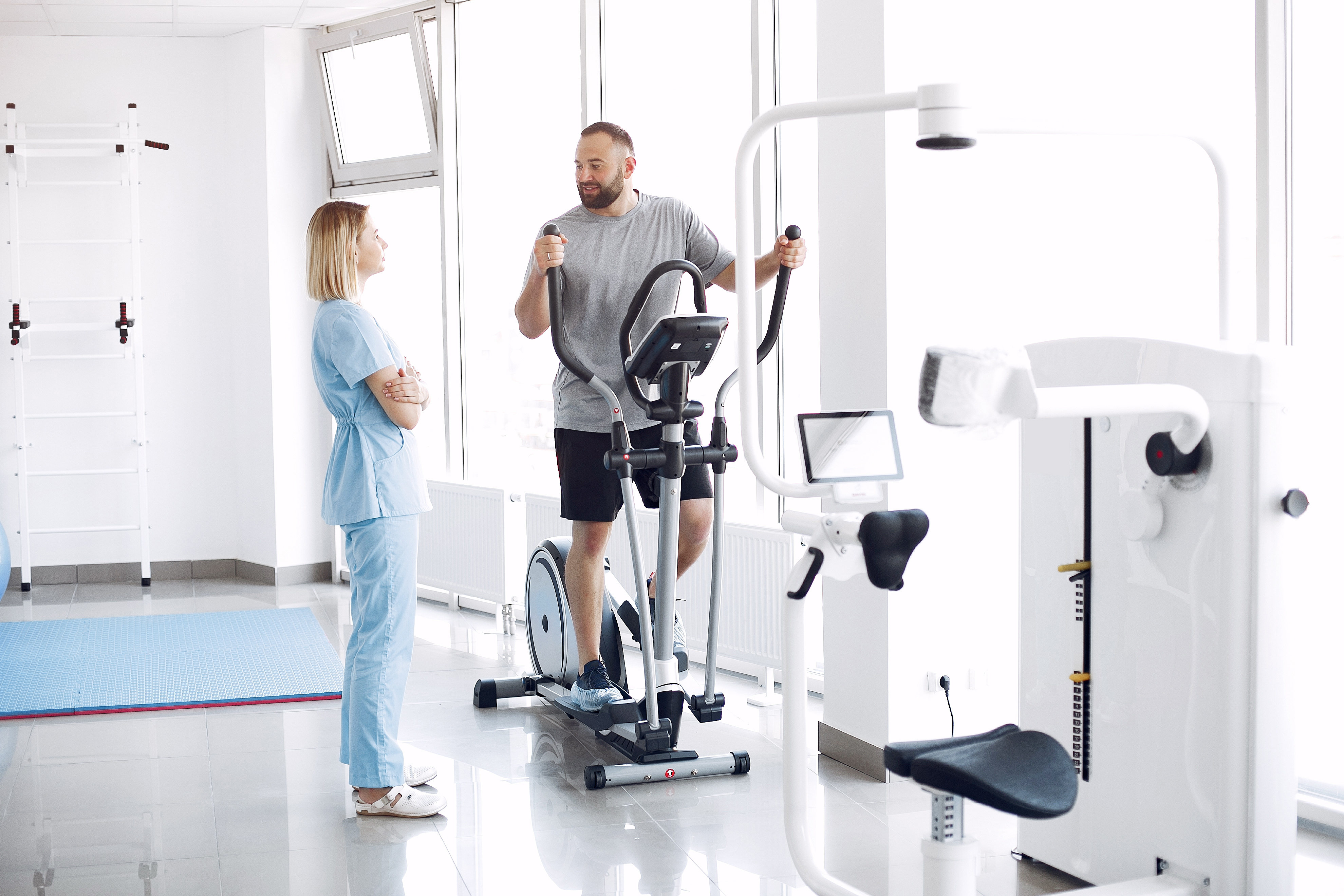Alcohol detox medications like benzodiazepines, disulfiram, naltrexone, and acamprosate help manage withdrawal symptoms and support sobriety. Benzodiazepines reduce anxiety and seizures, disulfiram deters drinking by causing unpleasant effects, naltrexone blocks alcohol cravings, and acamprosate stabilizes brain chemistry. These medications are essential when combined with therapy at an addiction recovery center for a successful detox. They alleviate discomfort, prevent complications, address psychological symptoms, and enhance focus on recovery. However, being aware of potential risks, side effects, misuse, and interactions with other medications is essential. Proper medical supervision and adherence to prescribed dosages are vital for safe and effective treatment.
Common Alcohol Detox Medications
During alcohol detoxification, healthcare providers commonly administer medications to help manage withdrawal symptoms and support individuals through the process. One of the most frequently used medications is benzodiazepines, such as diazepam or chlordiazepoxide, which help to reduce anxiety, seizures, and insomnia during alcohol withdrawal. These medications work by targeting the brain receptors affected by alcohol, providing a calming effect that can prevent severe withdrawal symptoms.
Another medication often used is Disulfiram, which deters individuals from drinking by inducing unpleasant effects like nausea, vomiting, and headaches when alcohol is consumed. Naltrexone is also commonly prescribed to help reduce alcohol cravings by blocking the euphoric effects of alcohol in the brain.
Healthcare providers may also utilize Acamprosate, which helps to stabilize brain chemistry after alcohol cessation, reducing the desire to drink. These medications, when used in conjunction with therapy and support, play an essential role in helping individuals successfully navigate the challenges of alcohol detoxification.
How Alcohol Detox Medications Work
Alcohol detox medications work by targeting specific physiological and neurological mechanisms to alleviate withdrawal symptoms and support individuals in their journey toward sobriety. These medications are designed to counteract the effects of alcohol on the brain and body, helping to manage the discomfort and potentially dangerous symptoms that can occur during the withdrawal process.
One common type of alcohol detox medication is benzodiazepines, which act on the central nervous system to reduce anxiety, seizures, and insomnia. Another medication, disulfiram, works by causing unpleasant effects like nausea and vomiting if alcohol is consumed, acting as a deterrent to drinking. Naltrexone, on the other hand, helps reduce alcohol cravings by blocking opioid receptors in the brain.
Benefits of Alcohol Detox Medications
By alleviating withdrawal symptoms and supporting individuals in their journey towards sobriety, alcohol detox medications offer significant benefits in managing the challenges of detoxification. These medications, such as benzodiazepines and anti-seizure drugs, can help reduce the discomfort and health risks associated with alcohol withdrawal. One of the key advantages of using alcohol detox medications is the potential to prevent severe complications like seizures, delirium tremens, and cardiovascular issues, which can arise during the detox process.
Moreover, these medications can also address psychological symptoms such as anxiety, depression, and insomnia, which are common during alcohol withdrawal. By stabilizing mood and reducing cravings, detox medications enhance the individual's ability to focus on their recovery journey and engage effectively in therapy and counseling sessions.
Additionally, alcohol detox medications are administered under medical supervision, ensuring safety and efficacy. This professional oversight allows personalized treatment plans tailored to each individual's needs, promoting a smoother and more comfortable detox experience. Overall, the benefits of alcohol detox medications play a pivotal role in supporting individuals as they work towards a healthier, alcohol-free life.
Risks and Considerations
Considering the potential risks and significant factors is essential when exploring the use of alcohol detox medications for individuals undergoing treatment. While these medications can be effective in managing withdrawal symptoms and supporting recovery, they also come with specific considerations that need to be taken into account.
One of the primary risks associated with alcohol detox medications is the potential for adverse reactions or side effects. Different medications can have varying effects on individuals, and it is essential for healthcare providers to carefully monitor patients during the detox process to ensure their safety and well-being.
Additionally, there is a risk of medication misuse or abuse, especially in individuals with a history of substance use disorders. Close supervision and adherence to prescribed dosages are crucial to prevent any potential complications or setbacks during detox.
Moreover, certain medical conditions or medications being taken concurrently can interact with alcohol detox medications, necessitating a thorough evaluation by healthcare professionals before initiating treatment. Overall, a comprehensive assessment of the individual's medical history, current health status, and specific needs should guide the decision-making process when considering alcohol detox medications as part of a treatment plan.


.png)
.png)


.png)
.png)
.png)
.png)



